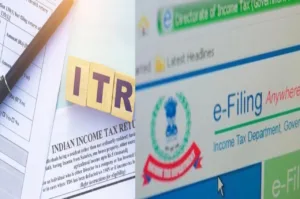Want a good amount of pension money in future? But can’t figure out how? Then today’s article is just for you. If you’re in search of a reliable source of income, the Post Office Monthly Income Scheme could be just what you need. With this scheme, you can receive a substantial monthly payout, making it an attractive option for those looking to secure their finances. As a government-backed initiative, POMIS guarantees a steady income each month along with appealing interest rates. Let’s explore how POMIS can help transform your savings into a consistent income stream.
Post Office Monthly Income Scheme
The Post Office National Savings (Monthly Income Account) Scheme (MIS) is a government-sponsored small savings program that offers a stable interest rate and monthly earnings for investors. Participants can enjoy an interest rate of 7.4% with this scheme.
To get started, you need to invest a minimum of Rs 1,000, and you can increase your investment in increments of Rs 1,000. The maximum investment limit is Rs 9 lakh for a single account and Rs 15 lakh for a joint account. The account matures after 5 years.
You can hold multiple accounts under this scheme, with the total investment not exceeding the limits for single or joint accounts. If you need to close your account early, you can do so after one year but before three years, with a deduction of 2% from the deposit amount. If you close it after three years, a 1% deduction will apply.
Income based on investment amounts:
For a deposit of Rs 5 lakh – Rs 3,083.33 per month
For a deposit of Rs 9 lakh – Rs 5,550 per month
For a deposit of Rs 15 lakh – Rs 9,250 per month
Keep in mind that these returns are fixed for the investment duration of 5 years.
Who is eligible to apply for the scheme?
– single adults
– Joint accounts (up to 3 adults)
– Guardians on behalf of minors or individuals with mental disabilities
– Minors aged 10 years and above.
Desclaimer: For any financial invest anywhere on your own responsibility, Times Bull will not be responsible for it.











